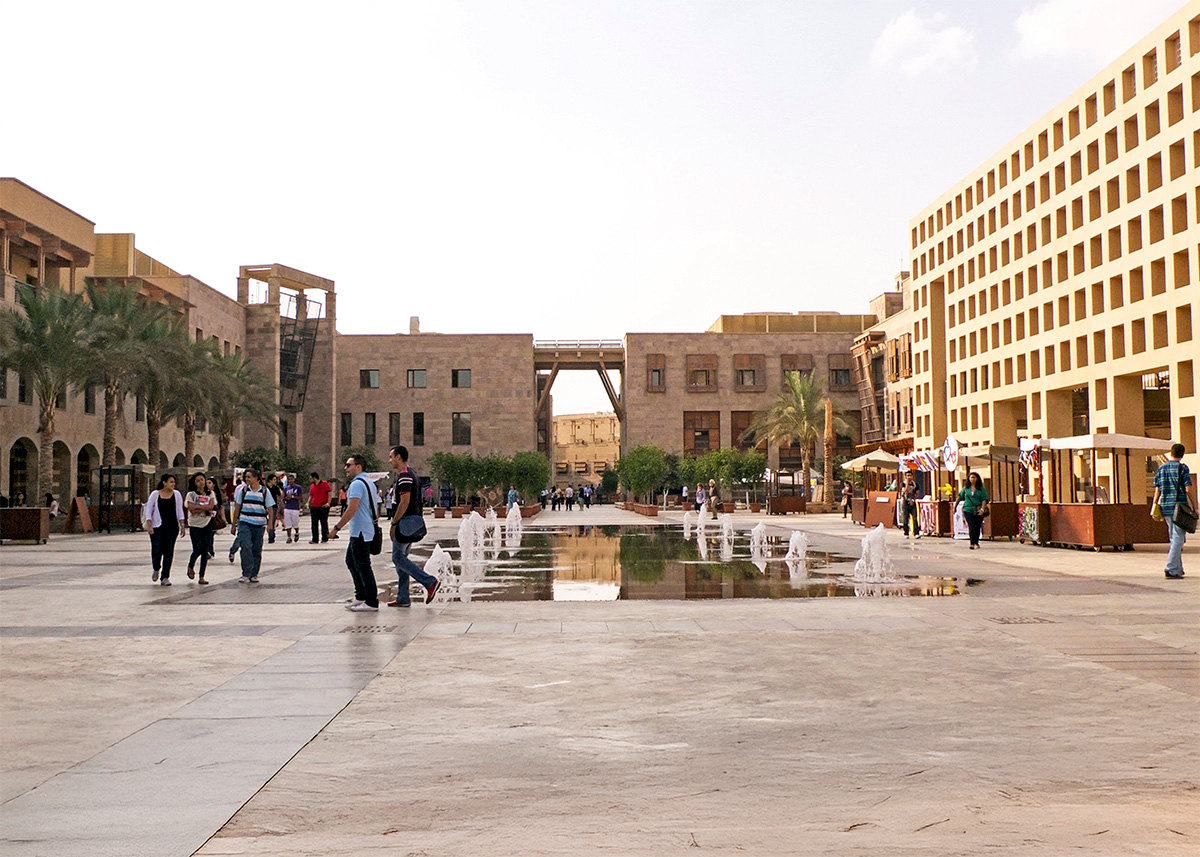What does it mean to conduct responsible, ethical, and constructive social research within the Middle East and North Africa and around the world? For decades, social scientists who work in and on the Middle East have confronted the ethical complexities of working with research participants, partners, and colleagues who are at risk. Conflict, autocracy, censorship, poverty, inequality, disciplinary imperatives, and institutional interests all shape research opportunities and agendas in ways that may imperil careers, livelihoods, and even lives.
“The Ethics of Social Research: Perspectives from the Study of the Middle East & North Africa,” the Spring 2025 issue of Dædalus, edited by Lisa Anderson (Columbia University), Rabab El-Mahdi (American University in Cairo), and Seteney Shami (Arab Council for the Social Sciences), explores how ethical standards can be developed and applied to improve the quality of social science research, particularly in contexts of contention and duress. Drawing on the experiences of an international group of scholars working in and on the Middle East and North Africa, the essays reveal both the ethical challenges and the transformative possibilities of social research.
“The Ethics of Social Research” offers critical insight and practical guidance for anyone invested in making social inquiry more ethical, inclusive, effective, and constructive—within the Middle East and North Africa and around the world.
“The Ethics of Social Research: Perspectives from the Study of the Middle East & North Africa” features the following essays:
Preface—The Ethics of Social Research: Perspectives from the Study of the Middle East & North Africa
Lisa Anderson
The University & Middle East Studies: Tensions Between Critical Inquiry & Institutional Imperatives
Lisa Anderson, Rabab El-Mahdi & Seteney Shami
The Economics of Social Science Research & Knowledge Production in the Middle East & North Africa
Ellen Lust & Samuel Tafesse Wakuma
Integrating Social Science Research across Languages with Assistance from Artificial Intelligence
Richard A. Nielsen & Annie Yiwen Zhou
The Personal Is Political: Teaching Decolonial Connected Feminist Middle East Politics through Self-Reflexivity
Sara Ababneh
Indiana Jones & the Institutional Review Board: Disciplinary Incentives, Researcher Archetypes & the Pathologies of Knowledge Production
Sarah E. Parkinson
Can Randomized Controlled Trials Be Remedied?
Rabab El-Mahdi & Samer Atallah
Multi-Perspectivity & Ethical Representation in the Context of Gaza & October 7: Addressing the Semantic Void
Jannis Julien Grimm & Lilian Mauthofer
From the Politics of Representation to the Ethics of Decolonization: What MENA Social Research Can Learn from the “Indigenous Turn”
Lila Abu-Lughod
Exporting Race: Norms, Categories & “The All-American Skin Game”
Hisham Aidi
Ethical Dimensions of Nonacademic Research in the Development Sector: A Perspective from Jordan
Dima M. Toukan
Risk & Responsibility: Social Science Research as a Modern “Anti-Politics Machine”
Lisa Anderson
Perspectives from a Different Beach
Scott Desposato
Recapturing the Research Enterprise as a Collective Responsibility: The View from the Middle East & North Africa
Lila Abu-Lughod, Lisa Anderson, Rabab El-Mahdi, Sari Hanafi, Stéphane LaCroix & Seteney Shami
The Dædalus volume on “The Ethics of Social Research” is available on the Academy’s website. Dædalus is an open access publication.
